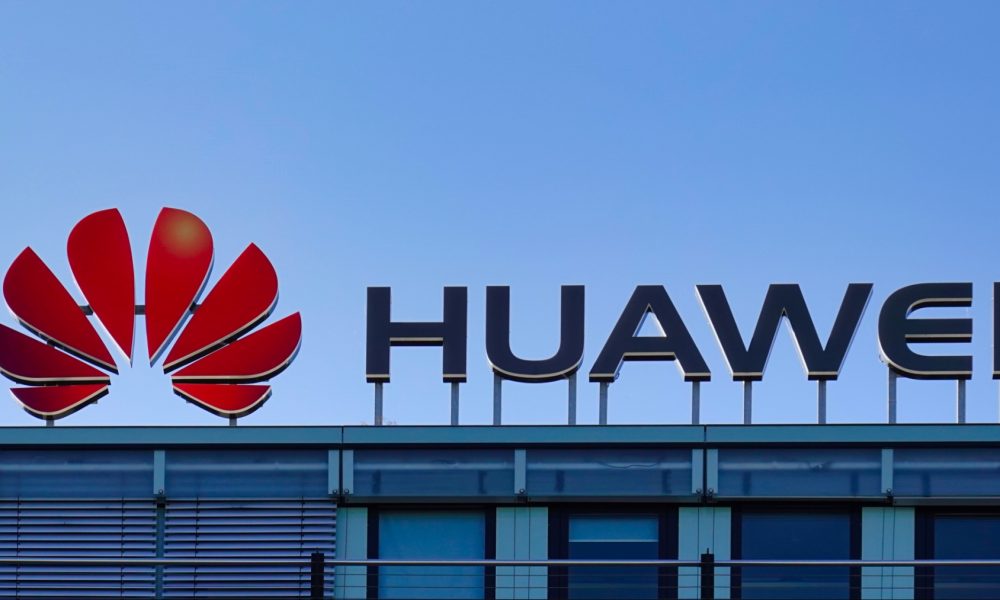A former employee of SK hynix, a major South Korean semiconductor manufacturer, has been sentenced to 18 months in prison and fined ₩20 million (approximately $14,300) after being convicted of stealing sensitive technology before moving to Huawei. The Suwon District Court ruled that she violated South Korea’s Industrial Technology Protection Act by printing and taking crucial documents from SK hynix that contained proprietary chip manufacturing solutions. While the court found her actions illegal, the relatively light sentence indicates a lack of evidence connecting the stolen materials directly to Huawei’s operations.
The defendant, who had worked at SK hynix since 2013, held various positions in chip defect analysis and customer relations, providing her with access to confidential technical documents vital to the company's semiconductor production processes. In 2020, she transitioned to a team leader role at the company's Chinese subsidiary, where her responsibilities further expanded her access to proprietary information. However, the employee’s departure from SK hynix in June 2022 raised suspicions.
Before resigning, she allegedly printed around 4,000 pages of sensitive documents over a period of four days, carrying them in her backpack and shopping bags to avoid detection. These documents, considered critical to semiconductor manufacturing, contained solutions to issues in the production process that SK hynix viewed as core technology. The court noted that she printed roughly 300 pages per day, suggesting deliberate action to steal intellectual property.
Though the defendant claimed she intended to use the materials for personal study and to ensure a smooth handover of responsibilities, the court dismissed these explanations. The judge emphasized that her actions—printing the documents just before her move to Huawei—appeared suspicious, as it suggested that the employee might have intended to use the stolen knowledge to enhance her value at her new job. The court, however, did not find enough direct evidence to prove that Huawei had received or used the stolen information.
Despite the strong indications of misconduct, the court handed down a relatively lenient sentence. One of the key factors influencing this decision was the absence of clear proof that the stolen technology had been used or caused any financial harm to SK hynix. Furthermore, the court noted that SK hynix’s internal security measures, including strict policies on the use of external storage devices and careful monitoring of printed documents, were robust. However, the security protocols in the Shanghai office, where the defendant worked, were not as rigorous, which may have allowed her actions to go unnoticed initially.
The ruling has drawn attention to the growing risks surrounding industrial espionage, especially within the high-stakes semiconductor industry. As global competition intensifies, protecting proprietary technology has become a top priority for companies like SK hynix, which face constant threats from rivals seeking to gain an edge in chip manufacturing. For Huawei, this case may raise further scrutiny about its role in acquiring sensitive technology from competitors, although no direct links were proven in this instance.
Read More






 Wednesday, 25-02-26
Wednesday, 25-02-26







